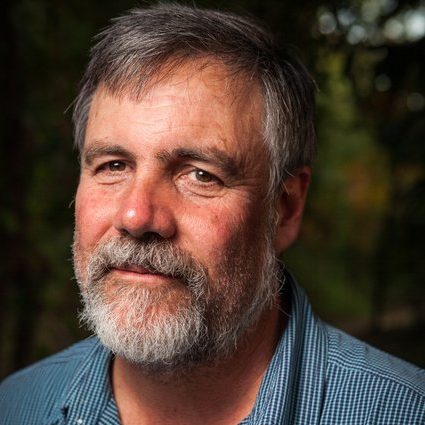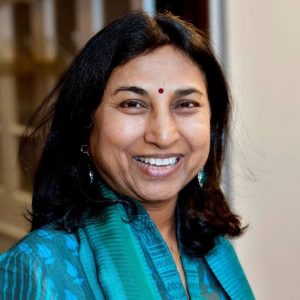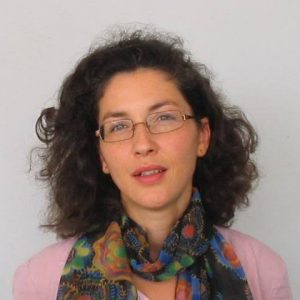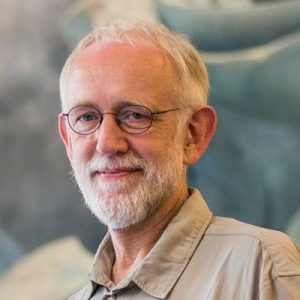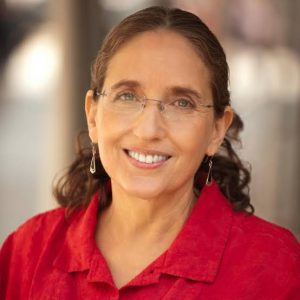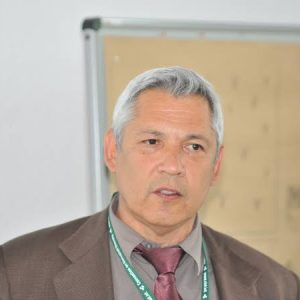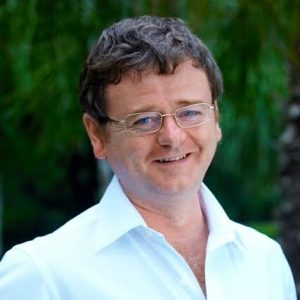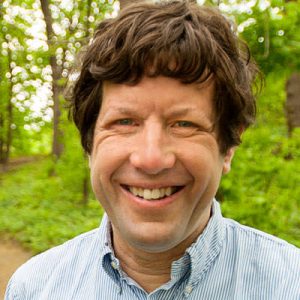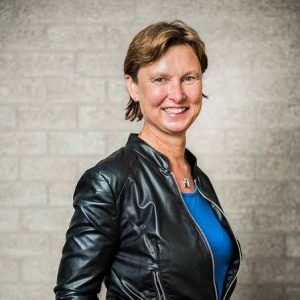Past PECS Scientific Committee Members
Friends of PECS are all former PECS Scientific Committee members that continue being engaged to PECS and connected to ongoing PECS activities.
PAST PECS SCIENTIFIC COMMITTEE MEMBERS:
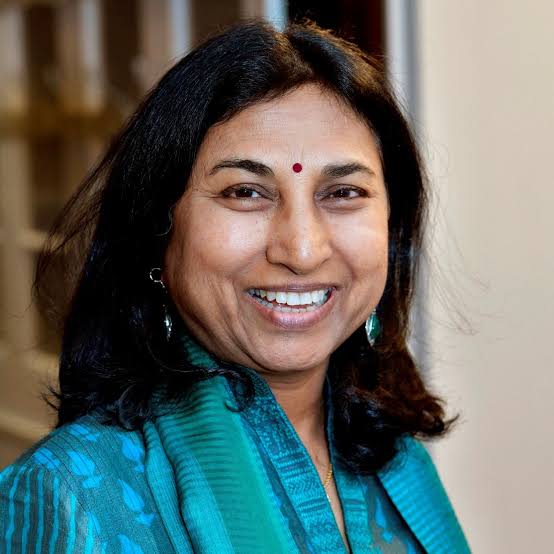
Bina Agarwal
PECS Fellow
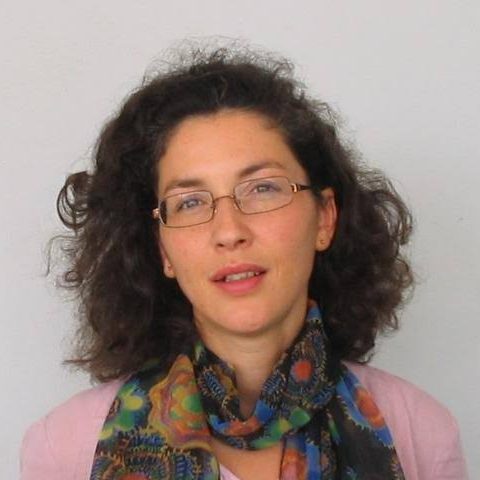
Meriem Bouamrane
PECS-SC member (ex-officio)
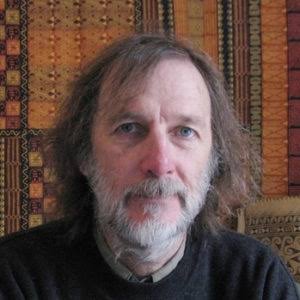
Bruce Campell
PECS-SC member
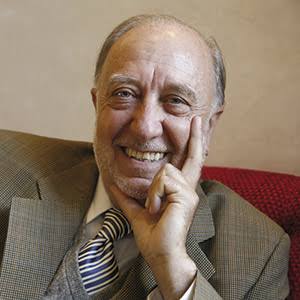
Juan Carlos Castilla
PECS-SC member
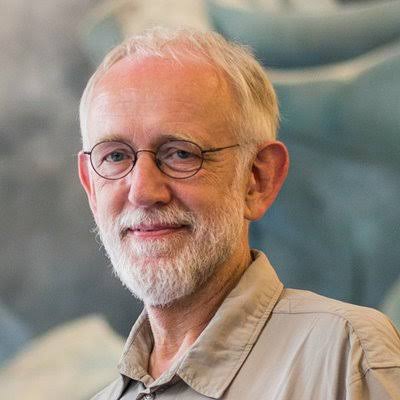
Wolfgang Cramer
PECS Fellow
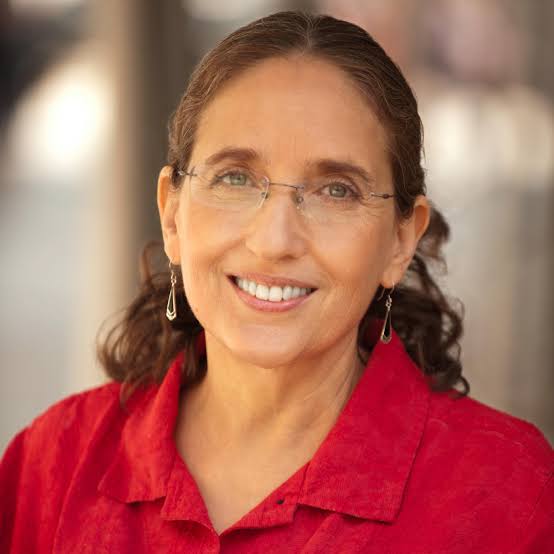
Ruth DeFries
PECS-SC member
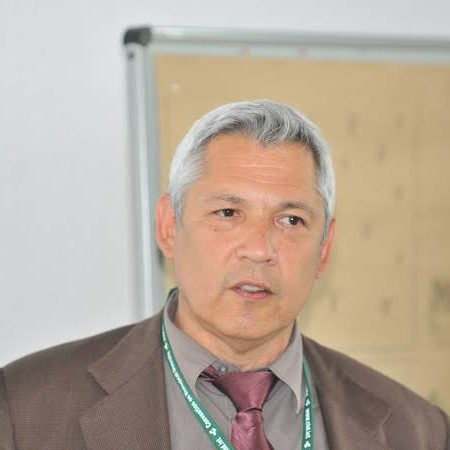
Pablo Eyzaguirre
PECS-SC member

Carl Folke
Director
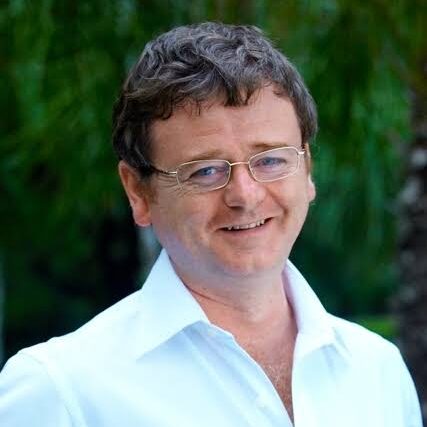
Terry Hughes
PECS-SC member
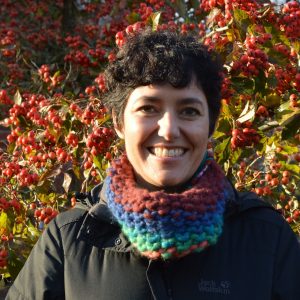
Berta Martín-López
PECS-SC member, Chair
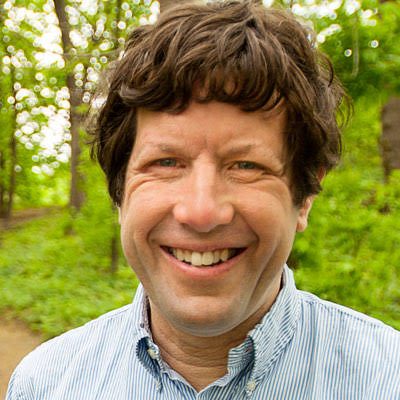
Steve Polasky
PECS-SC member
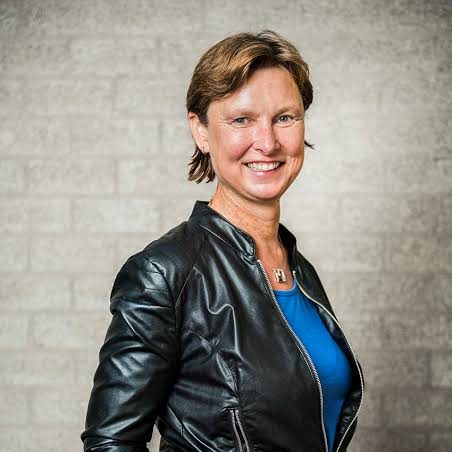
Marja Spierenburg
PECS-SC member
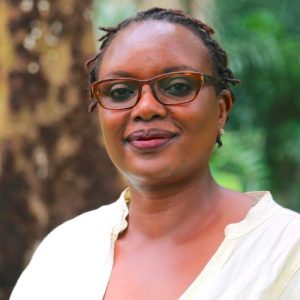
Esther Mwangi
PECS-SC member
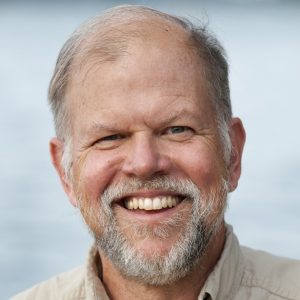
Stephen R. Carpenter
PECS-SC member
Friends of PECS
Bina Agarwal
PECS Fellow
Email: bina_india@yahoo.com
Institute of Economic Growth, Delhi University, India
Profile
Bina Agarwal is Director and Professor of Economics at the Institute of Economic Growth at Delhi University. Educated at the Universities of Cambridge and Delhi, she has held distinguished positions at Harvard, Princeton, NYU School of law, Minnesota and Michigan. Agarwal is the first woman President of the International Society for Ecological Economics. She has been Vice-President of the International Economic Association, President of the International Association for Feminist Economics, on the Board of the Global Development Network, and a member of the Commission for the Measurement of Economic Performance and Social Progress, chaired by Joseph Stiglitz. She holds honorary doctorates from the Institute of Social Studies (Netherlands) and the University of Antwerp.
Agarwal has written extensively on environment and development; land, livelihoods and property rights; the political economy of gender; poverty and inequality; legal change; and agriculture and technological transformation. Among her best known works are the multiple award-winning book — A Field of One’s Own: Gender and Land Rights in South Asia (Cambridge University Press, 1994) and her most recent book Gender and Green Governance (Oxford University Press, 2010). In 2008, the President of India honoured her with a Padma Shri, and in 2010 she received the Leontief Prize from Tufts University, for ‘broadening the frontiers of economic thought’. Bina Agarwal is a member of the Future Earth Science Committee.
Relevant Links and Info
Friends of PECS
Meriem Bouamrane
PECS-SC member (ex-officio)
UNESCO, Man and the Biosphere Programme (MAB)
Profile
Meriem Bouamrane is an environmental economist, programme specialist in the Division of Ecological and Earth Sciences, Man and the Biosphere programme since 2001. She is the coordinator of the EuroMAB Network, the oldest and largest network of the World Network of Biosphere Reserves (52 countries and 280 biosphere reserves including Canada and the USA).
She is responsible for research and training programmes on access and use of biodiversity, participatory approaches and concertation, using biosphere reserves as research and demonstration sites. She has organized and conducted several workshops using different participatory techniques and tools in biosphere reserves and is involved in several research programmes on resilience of socio-ecological systems and participatory methodology. She is member of the PECS (Programme on Ecosystem change and Society) Scientific Committee, sponsored by UNESCO and ICSU.
Relevant Links and Info
Friends of PECS
Bruce Campell
PECS-SC member
CGIAR Research Programme on Climate Change, Agriculture and Food Security, International Centre for Tropical Agriculture, c/o Department of Agriculture and Ecology, University of Copenhagen, Denmark
Profile
Dr. Bruce Campbell has degrees in Ecology from Cape Town (B.Sc. Hons.), Minnesota (M.Sc.) and Utrecht (Ph.D.), but has increasingly moved into inter-disciplinary work, championing new approaches to doing applied research on natural resource management, as evidenced in the book with Jeff Sayer on “The science of sustainable development: local livelihoods and the global environment” (Cambridge University Press).
His early work focussed on social-ecological systems in southern Africa, covering a spectrum of production systems (forestry, livestock, dryland and irrigated cropping), from small-scale (e.g. soil fertility management) to large-scale (e.g. deforestation analyses), and from biophysical and social science angles. For the last decade he has led a program on forests and livelihoods. This involved a team of 50 based in eleven locations in Asia, Latin America and Africa. The team included anthropologists, political scientists, sociologists, economists, ecologists, botanists, foresters and geographers. This work has centred on the link between poverty alleviation and forest goods and services, with topics such as “payments for environmental services (PES)”, “reduced emissions from deforestation and degradation (REDD)”, and “integrated conservation and development (ICDP)” featuring prominently. He also had a spell in Northern Australia working on Indigenous natural resource management.
From 2000-2009 he worked for the Center for International Forestry Research (CIFOR) in Indonesia as the Director of the Forests and Livelihoods Program. In 2009 he became the Director of the newly-established Challenge Program on Climate Change, Agriculture and Food Security (CCAFS), based at the University of Copenhagen, and in 2011 the Director of its successor, the CGIAR Research Program on Climate Change, Agriculture and Food Security (CCAFS).
Relevant Links and Info
Friends of PECS
Juan Carlos Castilla
PECS-SC member
Departamento de Ecología, Facultad de Ciencias Biológicas, Pontificia Universidad Católica de Chile, Casilla 114- D. Santiago, Chile.
Profile
Professor Juan Carlos Castilla’s main lines of research refers to the structure and dynamics of rocky intertidal and inner- inshore systems and the key ecological role played by humans (artisan fishers, food-gathers). He has worked in coastal management of littoral resources via the implementation of exclusive Territorial User Rights for Fisheries (TURFs). The connection between Marine Conservation, Management, Biodiversity and Socio-economic issues are of special interest. He has participated as member of the Millennium Assessment Project. Coastal Oceanography, larval transport and the establishment of Marine Reserves networks are complementary lines of research. Recently, Professor Castilla has been working on Global Change issues, with a special focus on marine systems and the socialization of the Science of Global Changes (education, outreach). Presently, Head of Laboratorio Internacional de Cambio Global (LINCGlobal, Universidad Católica de Chile – Consejo Superior de Investigaciones Científicas, España)
Publications and Training: 260 published papers and 10 books and edited books. The most cited Latin American Marine Biologist. Training of over 60 young marine scientists in Chile and Latin America.
Academy Membership: National Academy of Sciences, USA; Third World Academy of Sciences; Academia Chilena de Ciencias; Academy of Sciences of the Kingdom of Morocco.
Recent Awards: International Award by BBVA Foundation in Conservation and Biodiversity (2007); Honorary Fellowship by University of Wales (2007); Award Ecological Society of Chile (2004); Pew Fellow in Marine Biology (1996), TWAS Medal in Biological Sciences (1996).
Relevant Links and Info
Friends of PECS
Wolfgang Cramer
PECS Fellow
Institut Méditerranéen de Biodivirsité et Ecologie (IMBE), Aix-en-Provence cedex 04, France
Profile
Professor Dr Wolfgang Cramer, environmental geographer and global ecologist, is one of the founding directors of the Mediterranean Institute for Biodiversity and Ecology (IMBE), established in Aix-en-Provence, Marseille and Avignon (France) in 2012.
Wolfgang Cramer received his academic training at the Universities of Gießen/Germany (geography, diploma 1981) and Uppsala/Sweden (plant ecology, Ph.D. 1986). From 1987 to 1993, he taught and conducted his research at the Department of Geography, Trondheim University (Norway) while also being a frequently visiting scholar at the International Institute for Applied Systems Analysis (IIASA) in Laxenburg, Austria. In 1992, he joined the newly founded PIK as head of the department “Global Change and Natural Systems” (switching later to the institute’s research domain “Earth System Analysis”. In 2003, he was appointed full professor of global ecology at Potsdam University.
The scientific contributions by Cramer’s research group (100+ papers) were initially in the area of modelling forest dynamics under climate change. He then began to seek a broader understanding of biosphere dynamics at the global and continental scale, including aspects of natural and human disturbance as well as biodiversity. He has been directing a large European ecosystem modelling project, ATEAM (EU FP5), as well as its companion outreach activity, AVEC. Together, these projects have resulted in the first ever region-specific and comprehensive ecosystem service assessment across Europe, communicated through the scientific literature as well as through an intensive stakeholder dialogue. Based on ATEAM/AVEC, he has established popular, two-weeks long annual summer schools for young experts in the field of biodiversity and ecosystem services (from 2006 to 2011 for the EU Network of Excellence ALTER-Net).
Professor Cramer is a contributor in many roles to the IPCC (Peace Nobel Prize 2007) and the Millennium Ecosystem Assessment. He is Chair of the Science Committee of ecoSERVICES, chief editor of the Springer journal Regional Environmental Change, review editor of SCIENCE and editorial board member of several other scientific journals. He also regularly serves as advisor of the German government and the EU Research Directorate.
Relevant Links and Info
Friends of PECS
Ruth DeFries
PECS-SC member
Dept of Ecology, Evolution and Environmental Biology, Columbia University, New York, NY, USA
Profile
Ruth DeFries’ research examines human transformation of the landscape and its consequences for climate, biogeochemical cycling, biodiversity, and other ecosystem services that make our planet habitable. The work is based on the premise that land use change involves tradeoffs between human necessities such as food and unintended environmental consequences such as greenhouse gas emissions and habitat loss. A particular focus is tropical deforestation and its impacts on atmospheric carbon emissions and conservation. The research analyzes land use changes over broad scales through the lens of satellite observations. She is actively involved in linking scientific information into policy decisions.
Relevant Links and Info
Friends of PECS
Pablo Eyzaguirre
PECS-SC member
Bioversity International, CGIAR, Rome, Italy
Profile
Pablo B. Eyzaguirre is a senior scientist at Bioversity International (formerly IPGRI) in Rome. A citizen of Chile, Eyzaguirre received his PhD in anthropology (1986) from Yale University and is a specialist in social and ecological anthropology, ethnobotany, tropical farming systems, agrarian landscapes and institutions. He has taught anthropology in the US, and conducted field research on ecology, institutions, food systems and livelihoods in West and Central Africa. Internationally, he has worked in all major regions of the world, and has published widely on culture and environment in agrarian societies, home gardens, ethnobotany, nutrition, gender, agricultural research and natural resource management in developing countries.
He is the author of Agricultural and Environmental Research in Small Countries, John Wiley & Sons, Chichester, UK. 1996, Pablo Eyzaguirre and Olga Linares, (eds), Home Gardens and Agrobiodiversity published by Smithsonian Books, Washington, DC. 2004. He co-edited, ‘Property Rights, Collective Action and Local Conservation of Genetic Resources’ World Development v.35, 9, 2007. Eyzaguirre is past-president of the International Society of Ethnobiology (2004-2006), and advises global agencies, foundations, and corporations on the role of agricultural biodiversity, biotechnology, and agrarian communities in food security, conservation, and ecohealth. He has recently worked on global research initiatives that investigate the links between the agricultural biodiversity and healthy food systems across cultures; he is now working with conservation biologists to integrate agricultural biodiversity and sustainable livelihoods in the management of protected areas.
His work is focused on integrating ecological functions across wild and cultivated landscapes and he serves as international advisor to the Groupe de Recherche Mosaïque (CNRS-CEFE Montpellier). Eyzaguirre is a member of the science panel for the Programme on Ecosystem Change and Society (PECS) of the International Council for Science (ICSU) based at the Stockholm Resilience Centre now designing a global programme of research on ecosystem resilience and human well-being.
Relevant Links and Info
Friends of PECS
Carl Folke
Director
folke@stockholmresilience.su.se
Stockholm Resilience Centre,Stockholm University, Sweden
Profile
Professor Carl Folke is Science Director of the Stockholm Resilience Centre and the Director of the Beijer Institute of Ecological Economics of the Royal Swedish Academy of Sciences, one of the collaborating partners of the Stockholm Resilience Centre. He took on those positions in early 2007. Carl is currently on leave from his Chair in Natural Resource Management at the Department of Systems Ecology, Stockholm University, a position he held since 1997 where he is still active as supervisor. He served as Deputy Director of the Beijer Institute 1991-1996 and Director of Stockholm University’s Center for Transdisciplinary Environmental Research (CTM) 1999-2006. He is among the founders of the Resilience Alliance and serves on the Executive Committee. He has been involved in the development of the International Society for Ecological Economics (ISEE) and was engaged in the Millennium Ecosystem Assessment. Carl has extensive experience in transdisciplinary collaboration between natural and social scientists, and has worked with ecosystem dynamics and services as well as the social and economic dimension of ecosystem management and proactive measures to manage resilience.
The work of his research group in Stockholm emphasizes the role that living systems at different scales play in social and economic development and how to govern and manage for resilience in integrated social-ecological systems. In 1995 he received the Pew Scholar Award in Conservation and the Environment and in 2004 the Sustainability Science Award of the Ecological Society of America.
He has co-authored and edited 10 and written over 200 scientific papers, including 15 in Science and Nature. Carl shares the position as Editor in Chief of Ecology and Society with Lance Gunderson, since January 2002 and serves on the editorial board of fifteen international journals.
Carl is elected member of the Royal Swedish Academy of Sciences since 2002 and serves on its Environmental Research Committee. He is currently on the Board of the Stockholm Environment Institute, the Scientific Advisory Board of the South American Institute for Resilience and Sustainability Studies (SARAS), Scientific Advisory Board of the STEPS Centre, UK, the Steering Committee of the ESRC Centre for Climate Change Economics and Policy, Leeds University/London School of Economics, the Scientific Committee of the Program on Ecosystem Change and Society (PECS), ICSU and of the Volvo Environment Prize. He serves as Associate Faculty of the Earth System Governance Project, and on the Advisory Board to the research group Innovation in Governance, Centre for Technology & Society (ZTG), Technische Universität Berlin, and to the International Network of Research on Coupled Human and Natural Systems (CHANS-Net).
Relevant Links and Info
Beijer Institute of Ecological Economics
Ecology and Society, journal website
Friends of PECS
Terry Hughes
PECS-SC member
Australian Research Council Centre of Excellence for Coral Reef Studies, James Cook University, Townsville, Australia
Profile
Professor Terry Hughes is Director of the Australian Research Council (ARC) Centre of Excellence for Coral Reef Studies, which is headquartered at James Cook University, Australia. His research focuses on the linkages between the ecology of reefs and their importance for societies and economies. He has worked extensively in Australia, the western and central Pacific, and in the Caribbean. An important aspect of his research is understanding the dynamics and resilience of coral reefs, and translating this knowledge into innovative and practical solutions for improved reef management. Especially for developing countries, sustaining coastal ecosystems is an economic and social imperative.
Professor Hughes is a Fellow of the Australian Academy of Science and the Beijer Institute for Ecological Economics, Stockholm. He is an ISI Highly Cited Researcher, and was recognized in 2008 by the International Coral Reef Society, with the award of the society’s Darwin Medal. The ARC Centre of Excellence for Coral Reef Studies works in 38 countries to promote understanding and improved management of coral reefs. It currently supports 155 research students from 34 countries, making it the largest provider of graduate training in coral reef science in the world.
Relevant Links and Info
Friends of PECS
Steve Polasky
PECS-SC member
Department of Applied Economics & Department of Ecology, Evolution and Behavior, University of Minnesota, USA
Profile
Stephen Polasky received a PhD in Economics from the University of Michigan in 1986. He previously held faculty positions in the Department of Agricultural and Resource Economics at Oregon State University (1993-1999) and the Department of Economics at Boston College (1986-1993). Dr. Polasky was the senior staff economist for environment and resources for the President’s Council of Economic Advisers 1998-1999. He was elected into the National Academy of Sciences in 2010. He was elected as a Fellow of the American Academy of Arts and Sciences in 2009 and a Fellow of the American Association for the Advancement of Science in 2007.
His research interests include ecosystem services, natural capital, biodiversity conservation, endangered species policy, integrating ecological and economic analysis, renewable energy, environmental regulation, and common property resources. His papers have been published in Biological Conservation, Ecological Applications, Journal of Economics Perspectives, Journal of Environmental Economics and Management, International Economic Review, Land Economics, Nature, Proceedings of the National Academy of Sciences, Science and other journals. He has served as co-editor and associate editor for the Journal of Environmental Economics and Management, as associate editor for International Journal of Business and Economics, and is currently serving as an associate editor for Conservation Letters, Ecology and Society and Ecology Letters.
Academic fellowships and affiliations: University Fellow at Resources for the Future; Research Fellow with The Beijer Institute of Ecological Economics, The Royal Swedish Academy of Sciences; Research Associate, Environmental & Energy Economics Program, National Bureau of Economic Research; Resident Fellow of the Institute on the Environment, University of Minnesot; Member of Board of Directors and Science Council, The Nature Conservancy; Co-leader for Mapping and Valuing Ecosystem Services for the Natural Capital Project
Relevant Links and Info
Friends of PECS
Bob Scholes
PECS-SC member
Council for Scientific and Industrial Research, Pretoria, South Africa
Profile
Dr Bob Scholes is a systems ecologist at the Council for Scientific and Industrial Research in South Africa. He has over two decades of research experience on the topic of global climate change, including over a hundred peer-reviewed scientific publications on this and related topics. Dr Scholes has served on the steering committees of several international global change research programmes such as the International Geosphere-Biosphere Programme and the Global Climate Observing System.
He was Chairman of the Global Terrestrial Observing System 2001–4, a member of the GEO Implementation planning Task Team, a co-chair of the Conditions Working Group of the Millennium Ecosystem Assessment and also a principal investigator in the Southern African Millennium Assessment at regional scale. He also served on the steering committee of the South African National Climate Change Committee. He was a Lead Author in the third and fourth Assessments of the Intergovernmental Panel on Climate Change.
Relevant Links and Info
Friends of PECS
OBITUARY
It was with great sadness that we learnt of the sudden passing of Prof Bob Scholes, who passed away while on a hiking expedition in Namibia on the 28rd of April 2021.
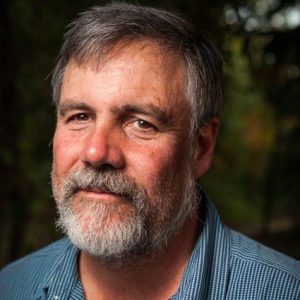
Bob was involved from the inception of PECS, contributing to articulating the direction, scope and work programme of PECS. He served as a member of the PECS Scientific Committee until 2018, and was particularly instrumental in helping shape the institutional structure and culture of PECS, drawing on his extensive experience in the global change field.
Bob served on the steering committees of several international global change research programmes such as the International Geosphere-Biosphere Programme (IGBP) and the Global Climate Observing System (GEOS). He also served as co-Chair of the Conditions Working Group of the Millennium Ecosystem Assessment, and co-Chair of the Intergovernmental Platform on Biodiversity and Ecosystem services (IPBES) Global Assessment of Land Degradation and Restoration, as well as lead author for the Intergovernmental Panel on Climate Change (IPCC) during the 3rd, 4th and 5th assessments.
Bob Scholes was a distinguished Professor of Systems Ecology and Director of the Global Change Institute at the University of Witwatersrand in South Africa. He was listed among the top 1% most cited environmental scientists worldwide, and published widely in the fields of savanna ecology, global change and earth observation.
“Bob was always a fun and interesting person to have at meetings. He contributed insightful comments, and wasn’t afraid to suggest out-of-the-box ideas, and push people to be clear in their thinking and reasoning. He was knowledgeable on a wide range of topics, and hugely experienced in large-scale collaborative science in the global change arena. One always learnt something at a meeting with him, and his contributions were instrumental in laying the foundation for PECS. His insights and experience – and the dinner table tales with which he regaled us at many a meeting – will be sorely missed.” Oonsie Biggs
By the PECS Programme Office/ Chairs
Friends of PECS
Marja Spierenburg
PECS-SC member
Department of Organisation Studies, VU University, Amsterdam, The Netherlands
Profile
Marja Spierenburg studied social psychology and anthropology at the University of Utrecht (the Netherlands), where she also worked as a research assistant from 1990 to 1992. From 1992 till 1997 she was a research fellow at the Amsterdam School for Social Science Research, University of Amsterdam, where she later, in 2003, obtained her PhD degree. Between 1992 and 1994 she was also affiliated to the Centre for Applied Social Sciences, University of Zimbabwe. From 1998 till September 2001 she worked for UNESCO (in Senegal and France). In September 2001 she joined the VU University Amsterdam, where she currently works as an Associate Professor. Since 2010 she is also affiliated to the University of Stellenbosch in South Africa as an Associate Professor.
Marja Spierenburg coordinates several research projects focusing on the role of the private (profit and non-profit) sector in nature conservation and land reforms in Southern Africa. Her research addresses the growing importance of public-private partnerships in nature conservation and of private wildlife conservation areas, and the impacts of those developments on the land rights and livelihoods of local communities. Between 2003 and 2006 she participated in the Millennium Ecosystem Assessment. Currently she is a co-vice chair of the Scientific Committee of the Programme on Ecosystem Change and Society (PECS). Marja Spierenburg’s publications include, apart from numerous journal articles and book chapters, the books ‘Sponsoring nature: Environmental philanthropy for nature conservation’ (co-authored with Maano Ramutsindela and Harry Wels, published in 2011 by Earthscan) ‘Strangers, Spirits and Land Reforms, Conflicts about Land in Dande, northern Zimbabwe’ (Brill 2004) and ‘Competing Jurisdictions. Settling Land Claims in Africa’ (co-edited with Sandra Evers and Harry Wels, Brill 2005).
Relevant Links and Info
Friends of PECS
Esther Mwangi
PECS-SC member
Centre for International Forestry Research
Profile
Dr Esther Mwangi is a Principal Scientist with Forests and Governance at the Center for International Forestry Research (CIFOR). She is also the Team Leader of CIFOR’s Nairobi Hub. Esther’s main research interests are tenure/property rights, gender and governance more generally. She has worked on questions how tenure reform implementation affects the tenure security of local communities as well as forest conservation, how to strengthen women’s rights in strong, patriarchal societies and on how to take into account governance and institutional issues in resource monitoring programs that require data sharing. She is currently working on how to reduce fragmentation and foster joint forest and water governance among Community Forest Associations and Water Resource Users Associations (Kenya, Uganda); critical factors for successful community based forest landscape restoration (Kenya); and mangrove governance (East and West Africa). Achieving gender equity and fostering tenure security for local resource users are key concerns of her work. Esther’s work has spanned all three continents including Kenya, Uganda, Tanzania, Indonesia, Nepal, Peru and Nicaragua. A citizen of Kenya, Esther has a Bachelor’s degree in education (botany, zoology) from Kenyatta University, a Master of Philosophy in environmental studies from Moi University and a PhD in public policy from Indiana University, Bloomington.
Friends of PECS
Stephen R. Carpenter
PECS-SC member
Center for Limnology, University of Wisconsin, USA
Profile:
Stephen Russell (Steve) Carpenter is a leader of whole-ecosystem experiments and adaptive ecosystem management focused on freshwaters. Topics include trophic cascades and their effects on production and nutrient cycling, contaminant cycles, freshwater fisheries, eutrophication, nonpoint pollution, ecological economics of freshwater, and resilience of social-ecological systems.
Carpenter serves as the Director of the Center for Limnology at the University of Wisconsin-Madison, where he is the Stephen Alfred Forbes Professor of Zoology. He is a member of the U.S. National Academy of Sciences, a Fellow of the American Academy of Arts and Sciences, and a foreign member of the Royal Swedish Academy of Sciences. Carpenter is the 2011 laureate of the Stockholm Water Prize. His other notable awards include a Pew Fellowship in Conservation and Environment, the G. Evelyn Hutchinson Medal of the American Society of Limnology and Oceanography, the Robert H. MacArthur Award from the Ecological Society of America, the Excellence in Ecology Prize from the Ecology Institute, and the Naumann-Thienemann medal of the International Society for Limnology.
Carpenter is Chair of the Science Committee for the Program on Ecosystem Change and Society of the International Council of Science. He is co-Editor in Chief of Ecosystems, and a member of governing boards for the Beijer Institute of Ecological Economics and the South American Institute for Resilience and Sustainability Studies. From 2000-2005 he served as co-chair of the Scenarios Working Group of the Millennium Ecosystem Assessment. He led the North Temperate Lakes Long-Term Ecological Research program at U.W.-Madison from 1999-2009. He is a former President of the Ecological Society of America. Carpenter has published 5 books and more than 300 scientific papers, book chapters, reviewed reports and commentaries. He received a B.A. from Amherst College (1974), M.S. from University of Wisconsin-Madison (1976), and Ph.D. from U.W. Madison (1979). From 1979-1989 he served as Assistant and then Associate Professor at the University of Notre Dame. He joined the U.W.-Madison faculty in 1989. A full biographical sketch, publication list and contact information are posted on http://limnology.wisc.edu/personnel/carpenter/.
Projects
Relevant Links and Info
Center for Limnology at Uiversity of Wisconsion-Madison
South American Institute for Resilience and Sustainability Studies
Beijer Institute of Ecological Economics

